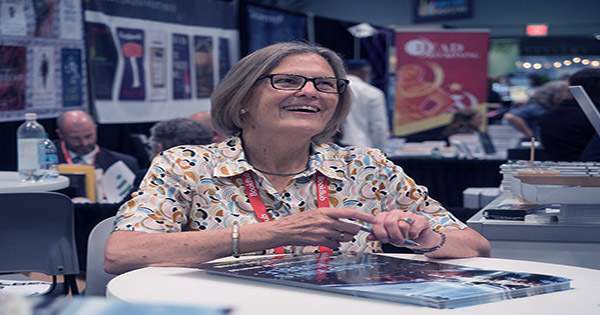Slow Ventures, a 12-year-old generalist venture firm led by former Facebook executives Kevin Colleran and Sam Lessin, as well as Will Quist, formerly of Industry Ventures, has announced the closing of its fifth flagship seed-stage fund, which raised $195 million, and its second opportunity-type fund, which raised $130 million. The news comes nearly three years after the firm launched two new funds totalling $220 million, indicating a pace reminiscent of days gone by – before the pace of venture financing accelerated to almost dizzying levels.
That isn’t to say Slow is obsolete. The contrary appears to be true. Slow, for example, gained permission from its limited partners to engage in cryptocurrency in 2018. One of the firm’s initial investments was a seed investment in the Solana coin’s first fundraising round. It eventually paid $.05 per coin; the coins are now worth $100 apiece. Slow DAOs, or decentralized autonomous organizations, have also been launched by the company, which employ smart contracts and empower members with governance tokens to vote on fund allocation, among other things.
Slow, which is based in San Francisco and has offices in Boston and New York, created its first DAO to buy land in Montana. According to the company, it was part of an effort to develop a repeatable DAO formation procedure that it may utilize in the future. But the DAO also allowed Slow to purchase some stunning real estate, which its venture fund could not have done so, and to bring along some of its funds’ investors if they chose to participate. Slow has also started experimenting with a third technique, which it is working out in real time. The concept is to invest directly in individuals in exchange for a portion of their future earnings or a stake in their equity. It paid $1.7 million in November to invest in the career of Marina Mogilko, a 30-year-old YouTube celebrity with many channels who committed to donate Slow 5% of her creator profits for the next 30 years in exchange.
Slow immediately built a type of “enterprise version” of the service, where, in one example, Slow invested in brothers known as “The Libermans” who are serial entrepreneurs in exchange for a portion of their founders stock in all of the future firms they start. Slow also got the opportunity to put more money into each of the siblings’ businesses if the company wanted to expand its stake. The second option appears to be more sustainable, but in any case, the money put aside by Slow to invest in all three possible methods is less than 10%, indicating that the company is taking its brave new future cautiously.
Meanwhile, many of the company’s classic venture bets look to be paying off. Robinhood, Pinterest, and Nextdoor were among the firm’s earlier investments, all of which are now publicly listed, despite the fact that their shares have been crushed along with practically every other tech stock in the previous six months. Slow is also a current investor in Airtable, Ro, and Embark Veterinary, all of which have witnessed significant increases in their private market values. Slow’s seed-stage checks range in size from $500,000 to $3 million, with an average of $1.75 million. It aims to hold 10% to 12% of a firm, investing up to 100% of its pro rata in the Series A for all of its businesses.
In terms of transaction flow, four of Slow’s initial five partners, as well as the majority of its early investors, were all early employees or co-founders of Facebook, suggesting that preserving ties is in the firm’s DNA. Slow’s limited partners include venture funds, partners at funds who have personally invested in Slow, and renowned angel investors, and they together create a major amount of the firm’s transaction flow and founder referrals. Lessin and Quist are based in the Bay Area, but Colleran is situated in Boston, as is the case with many businesses these days. Megan Lightcap, a former associate at L Catterton, Clay Robbins, a former product manager at Square who was also a scout for Accel for several years, and Yoni Rechtman, who joined Slow this month after five years at Tusk Ventures, are among the more recent additions. Lightcap and Rechtman are located in New York, whereas Robbins is based in San Francisco.















